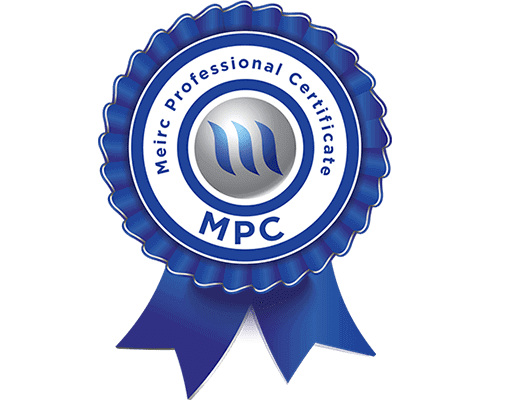
Certified Human Resources Professional: From Traditional HR Role to Business Partner - Virtual Learning
Why Attend
HR professionals have to stop 'doing' and start 'delivering.' For that to happen, HR has to transform into a credible business partner deserving of a seat at the decision-making table. The door is wide open for human resources to become the business partner it always wanted to be rather than just another service function. Now more than ever, HR professionals need new skills and a whole new set of technical, behavioral, and emotional competencies to deliver strategic and tangible results. This course will cover the various HR functions, the critical results HR has to deliver, the key performance indicators for measuring HR performance, and the various competencies necessary for HR's success as a business partner. By the course's end, participants will have the tools to revolutionize both themselves and their HR department. They will emerge as a business partner capable of delivering tangible results and adding significant value to your organization.



